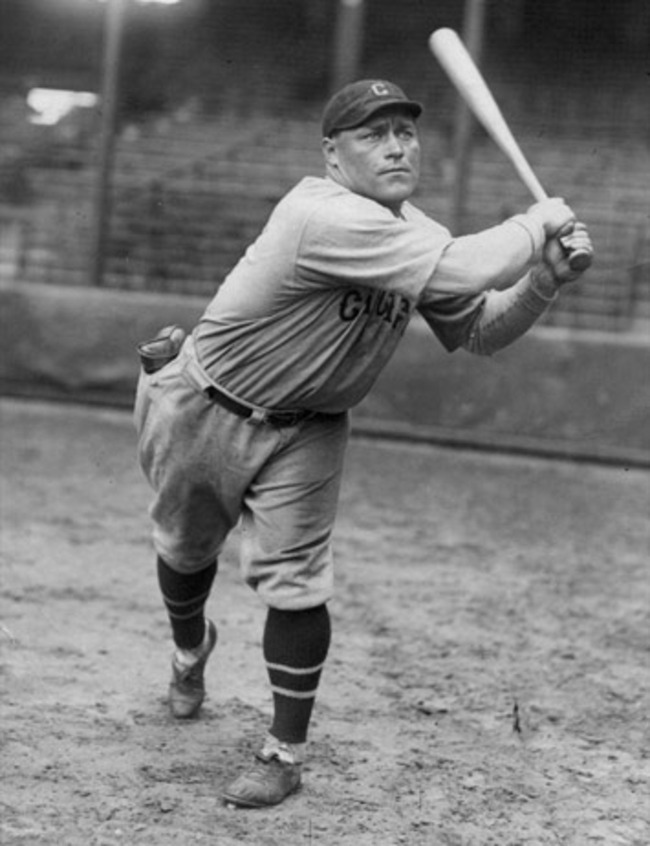Noise Between Rooms
Safe At Home: How the National Baseball Hall of Fame and Museum Preserves Baseball History
by Robert McKercher on 01/02/14
The stories approach mythology. Babe Ruth justified a Depression-era salary larger than President Herbert Hoover's with the wry comment that he had a better year than Hoover. A dying Lou Gehrig declared himself "the luckiest man in the world." Jackie Robinson and Branch Rickey integrated baseball seven years before Brown v. Board of Education. Cal Ripken played 2,632 consecutive games over 16 years. These stories and the institution that celebrates them, the National Baseball Hall of Fame and Museum, are as ingrained in the American cultural psyche as apple pie and, well, baseball.
As a museum the Hall of Fame provides a sensory connection to the history of baseball from its origins as a pastoral response to the industrial revolution, through the Civil War when Union and Confederate troops played together, through Jim Crow, two World Wars, 1960s race riots, and into the 2009 World Baseball Classic. The Hall celebrates not only baseball, but American culture as seen through the lens of baseball. The Hall of Fame's collection of artifacts ranges from the 1839 Doubleday baseball that was the basis for the museum's Cooperstown, NY location to the jersey worn by White Sox pitcher Mark Buehrle during his July 23, 2009 perfect game.
Most of the Hall's collection consists of objects that could be classified as ephemera - baseballs, bats, uniforms, contracts, sheet music, scrapbooks - yet how many of the museum's 350,000 annual visitors consider the lengths to which a non-profit educational institution, funded by ticket and gift shop sales, individual donors, and foundations, must go to preserve its fragile piece of cultural heritage?
A Strange Case of Records are Made to be Broken
by Robert McKercher on 01/01/14

In 1930, Chicago Cubs outfielder Hack Wilson set the Major League Baseball record for runs batted in (RBI) in a single season. His total of 190 RBI remained the record until 1999 when the record was broken by ... Hack Wilson.
How did Wilson break his own record 51 years after his death? Diligent research and dedicated advocacy by members of the Society for American Baseball Research combined with Major League Baseball Commissioner Allan H. "Bud" Selig's recognition of the importance "to get it right."
Pardon the Dust
by Robert McKercher on 12/31/13My website is undergoing renovation. Please check later. Thanks for your patience.



